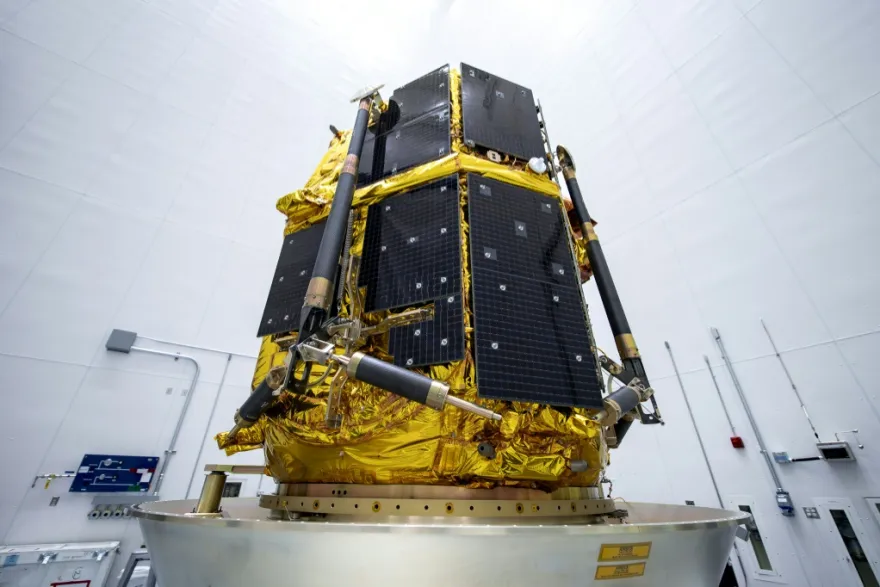Tokyo- Saba:
Officials from the private Japanese company iSpace announced on Friday the termination of its attempt to land a probe on the lunar surface after losing contact with the spacecraft during the landing phase.
iSpace's Resilience probe was scheduled to land on the lunar surface at approximately 7:17 PM GMT on Thursday.
iSpace CEO Takeshi Hakamada explained during a press conference that the spacecraft "left the lunar orbit to begin its descent, descending from an altitude of approximately 100 kilometers to approximately 20 kilometers, and then began firing its engine to slow down."
He added, "We confirmed that the landing site (the probe) was nearly vertical, then telemetry data was lost, and after the scheduled landing time, we were unable to receive any data confirming the success" of the operation.
Hakamada suggested the probe had made a "hard landing on the lunar surface." He said, "After losing contact, we tried to restart the vehicle, but we were unable to re-establish contact, so we decided to terminate the mission."
Landing maneuvers on the moon are extremely difficult due to the lack of an atmosphere, which renders parachutes ineffective and forces spacecraft to rely on carefully calibrated propulsion to slow their descent.
To date, only two American companies, Intuitive Machines and Firefly Aerospace, have succeeded in landing vehicles on the lunar surface without exploding. However, two of the three vehicles failed to land properly, which affected their subsequent performance.
Only a handful of countries have achieved this feat in the past, the first being the Soviet Union in 1966. In January 2024, a vehicle operated by the Japanese Aerospace Exploration Agency successfully landed.

| more of (International) |




